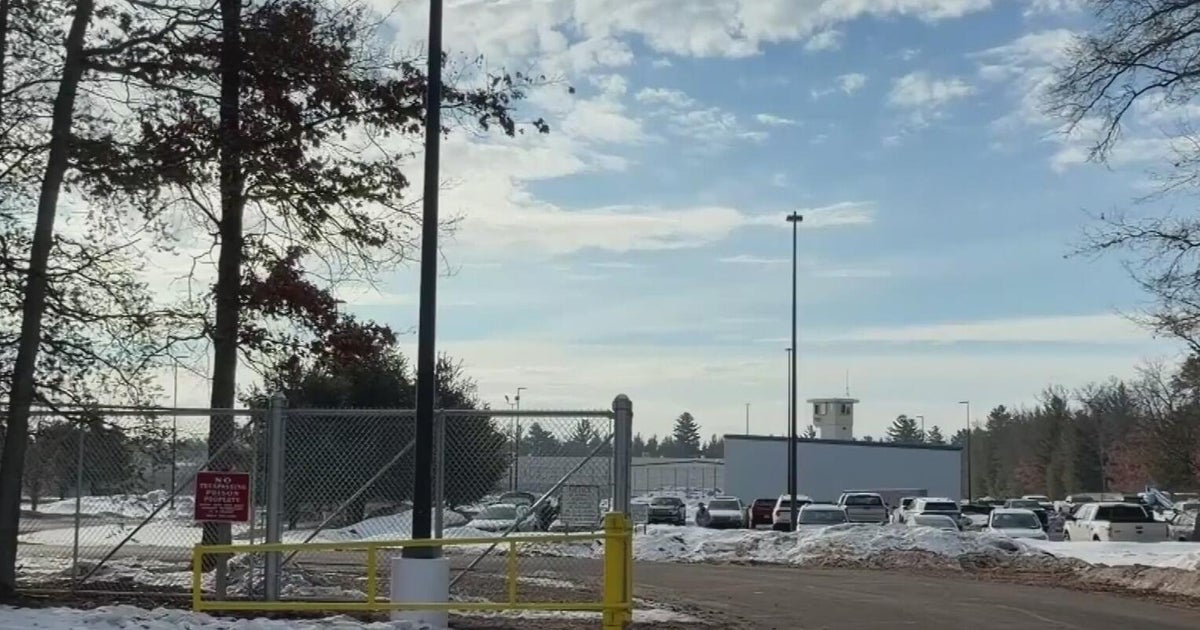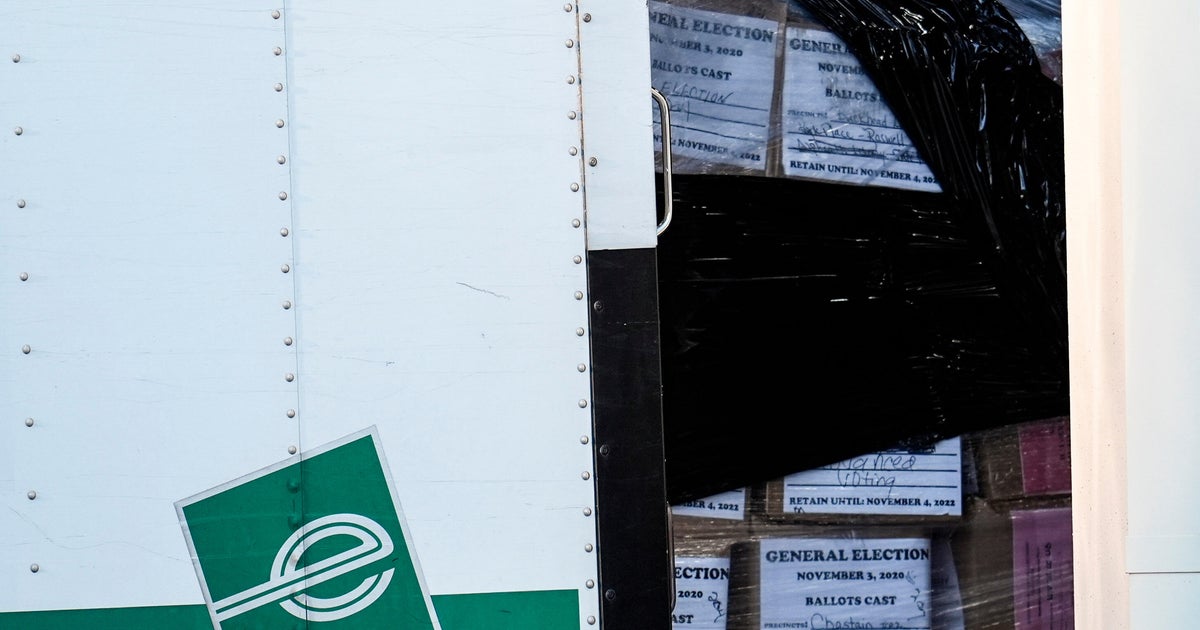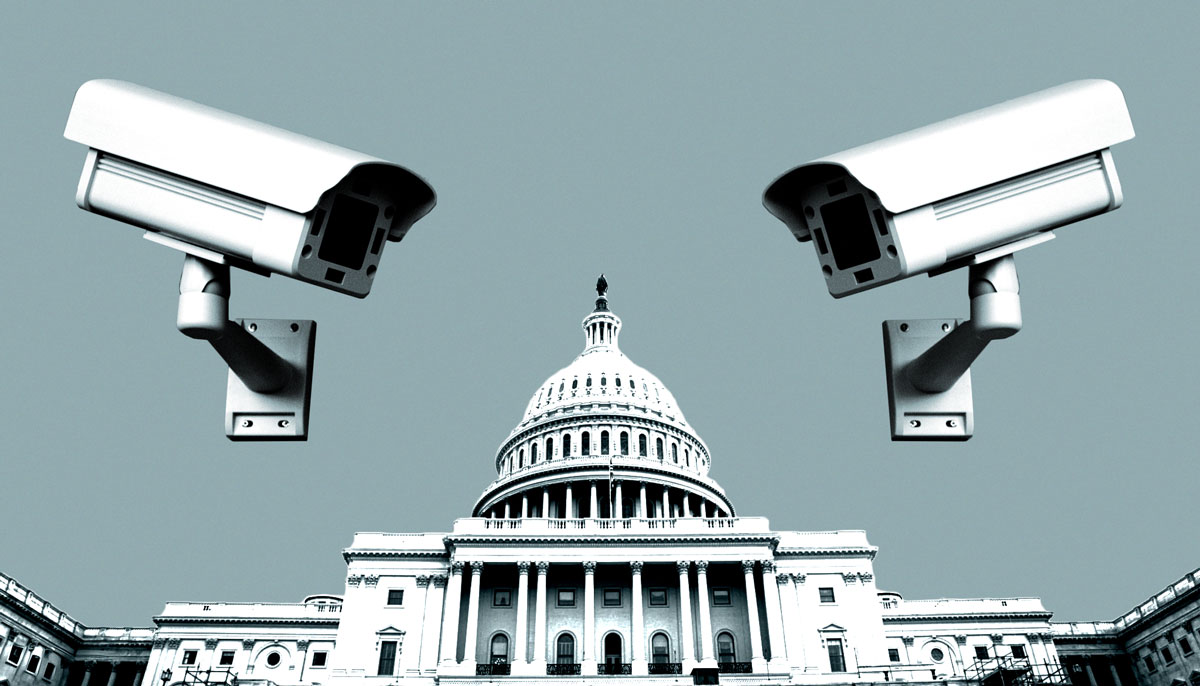Oath Keepers founder Stewart Rhodes returns to court next week
Oath Keepers founder Stewart Rhodes will return to court next week, seeking to avoid a transfer to the Washington D.C. jail in his January 6 seditious conspiracy case. Rhodes' defense attorney said Wednesday he expects to file a formal motion to challenge a U.S. Marshals' transfer of Rhodes to D.C. within the next day or two.
Rhodes, who is being held in a federal prison facility in Oklahoma, is seeking to remain closer to his Texas-based attorneys, even if he is to remain in pretrial detention. Defense attorney Phillip Linder told CBS News he has argued Rhodes would have a more difficult time preparing his legal defense if he is held in jail hundreds of miles from his home area.
Rhodes has been in jail since January 14, when he was one and 10 others were charged with "seditious conspiracy" for their alleged roles in the January 6 attack on the U.S. Capitol, the most serious charges brought to date relating to the riot. A Texas magistrate judge on January 26 ordered he be held in pretrial detention. Rhodes has pleaded not guilty to the charges.
Prosecutors have argued Rhodes is a flight risk. In a court filing, the Justice Department said, "The defendant is facing potential conviction on numerous felony offenses that each carry statutory maximum penalties of up to twenty years of incarceration. He is alleged to have organized a conspiracy to oppose the lawful transfer of presidential power by force, and thus his willingness to comply with conditions of release set by this government is in doubt."
Rhodes will appear virtually at a court hearing on Wednesday before a federal judge in Washington, D.C.
If he is transferred to the Washington D.C. jail, Rhodes would join a group of other January 6 defendants. A Washington D.C. correctional official told CBS News that there are 36 US Capitol riot defendants currently in the D.C. jail in pretrial detention, some of whom have been locked up for nearly a year awaiting trial.
Those defendants have been housed in a separate unit, apart from the rest of the jail's general population. Some of those inmates have objected to the segregated housing, while others have filed motions seeking release, including arguments about limitations on attorney meetings, haircuts and shaves for inmates who have not been vaccinated against COVID.
U.S. House Republicans have cited concerns about the conditions of the D.C. jail for January 6 defendants in Congressional hearings and in a letter to the federal and DC prison system.
After he returns to court, Rhodes might also return for a second meeting with investigators for the U.S. House Select January 6th Committee. Linder, his defense attorney, said Rhodes spoke with the committee for nearly six hours earlier this month, by Zoom call. Linder said Rhodes frequently invoked his Fifth Amendment rights when questioned about activities in and after November 2020.
But Linder said Rhodes spoke at length about the founding and philosophy of the Oath Keepers. According to Linder, the committee is expected to speak again with Rhodes' defense team after Wednesday's court hearing, with the possibility of future questions or requests for Rhodes.
The U.S. House January 6 select Committee did not immediately respond to requests for comment.




